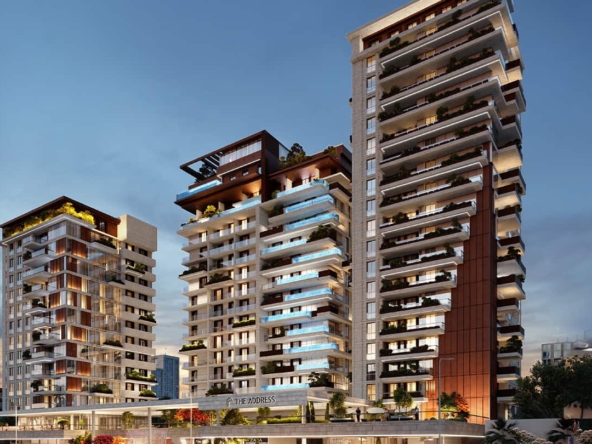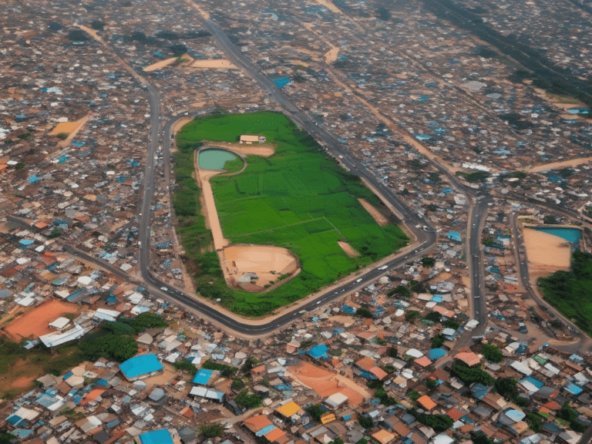Development experts have requested district assemblies to enforce building regulations requiring the inclusion of green spaces in infrastructure development to reduce high levels of air, noise, and heat pollution.
They say that enforcing compliance will provide clean air for urban dwellers, lead to a decrease in air pollution-related disease and reduce the health and economic burden on the government and individuals.
Speaking to the Ghana News Agency, Mr Emmanuel Appoh, the Managing Consultant for EnviroFin Consult-Ghana, said as part of the building code, developers are required to leave permeable spaces in all built environments, but this was not being done.
He noted that over time, the situation had led to a loss of green spaces, such as tree cover, grass, and parks, which, in addition to providing clean air, allow ground water to be regenerated.
“The level of air pollution is becoming above the capacity of the atmosphere. As a country we spent an estimated USD 2.5 billion in 2020 on air pollution related issues. Increasing green spaces will lead to lower emissions and this huge sum can be invested in development projects”, he said.
A recent has indicated that green spaces in Accra have declined significantly over the last two decades.
According to the study titled “Socio-demographic and neighbourhood factors influencing urban green space use and development at home,” the situation has major health repercussions for the population.
The study noted that most green spaces had been cleared for real estate development to accommodate the growing population resulting from migration from other regions and neighbouring nations.
It further stated that portions of the green spaces have been exploited to construct roads and other social infrastructure improvements.
The study was conducted in the Accra Metropolitan Area (AMA) and eleven municipal areas, which were part of the old AMA.
According to a Clean Air Fund, Accra was Africa’s fastest growing city, and the capital of one the world’s fastest growing economies.
Accra has a population of about four million people, with a daily intake of 2.5 million business commuters.
Mr Desmond Appiah, the Country Lead of the Clean Air Fund, said as cities grew, so did the possibility of air pollution, which was high in Accra.
The annual average pollution level in Ghana in 2019 was 11 times higher than the World Health Organisation (WHO) 2021 recommended levels.
“We have well-crafted environmental and public health policies for addressing the challenge but there is a serious problem with enforcement of these laws and policies.This has occasioned some of these problems. The law must work,” he said.
Mr Appiah said conserving green space offered health benefits such as decreased premature mortality, higher life expectancy, fewer mental health issues, less cardiovascular disease, improved cognitive functioning in children and the elderly, and healthier newborns.
The WHO recommends that everyone have access to green space. There should be at least 0.5 hectares of green space within 300 meters of every residence.
Source: newsghana.com





